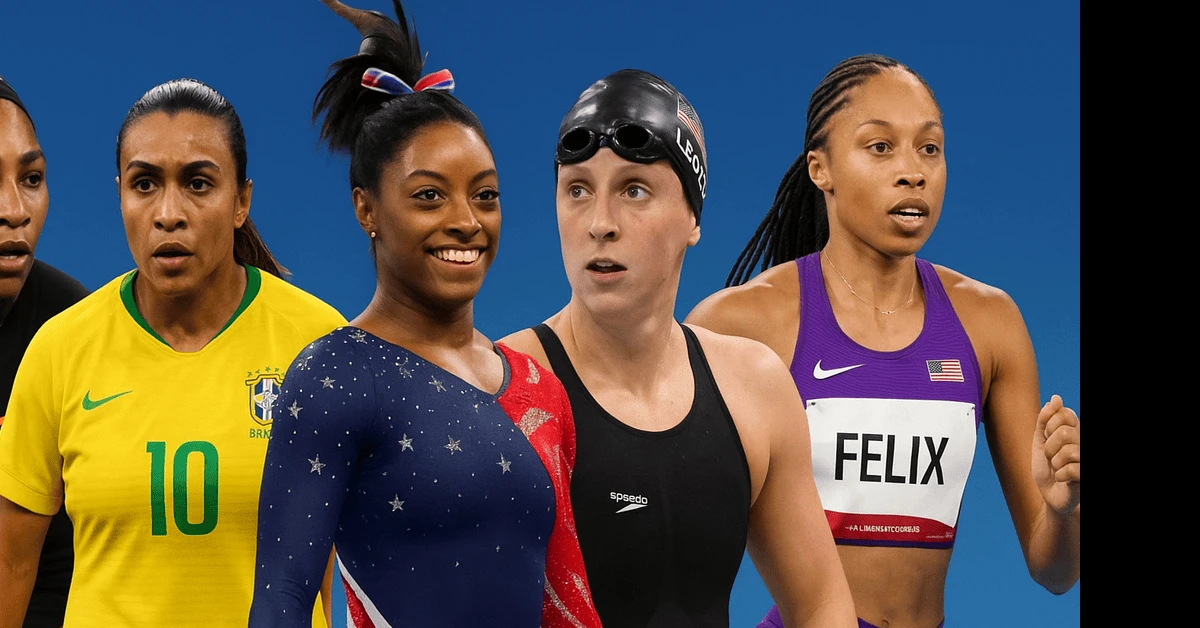Last Updated: July 31, 2025
Biological Sex Testing & Trans Athlete Ban: How Women’s Sports Policies Are Rapidly Changing in 2025
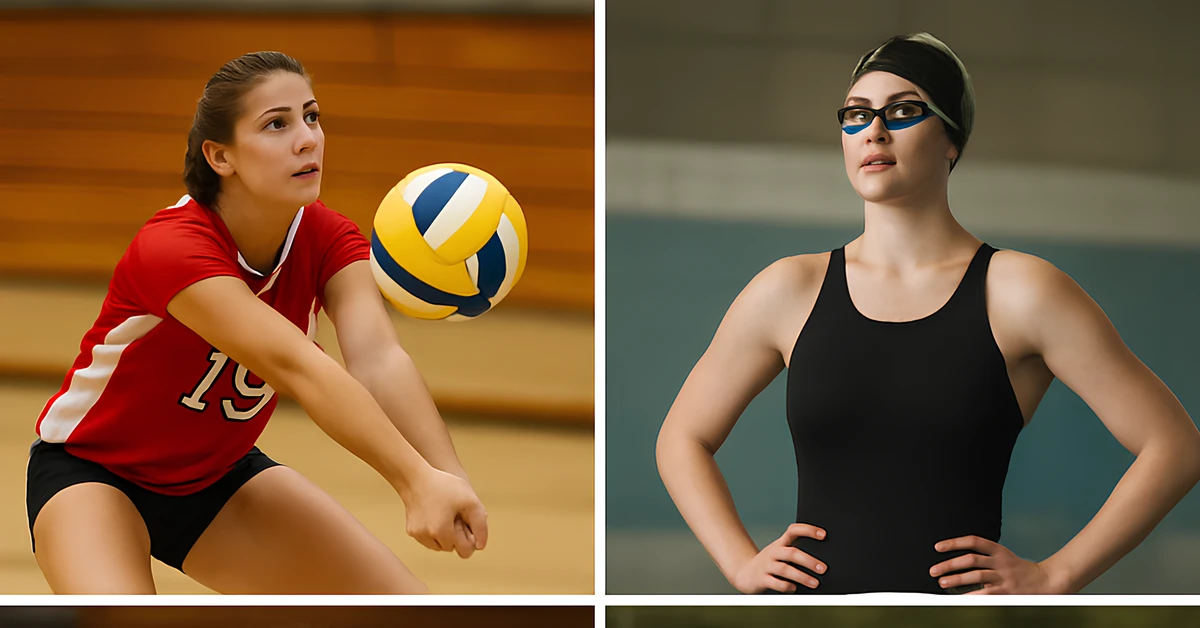
In 2025, two major policy shifts have sent shockwaves across the world of women’s sports: USA Volleyball’s full ban on transgender women, and World Athletics’ new requirement for a one-time biological sex test via SRY gene detection. These moves—though very different in execution—signal a turning point in how the eligibility of female athletes is determined at national and international levels.
🏐 USA Volleyball Bans Trans Athletes from Women’s Competition
In a move aligning with the U.S. government’s Executive Order 14201, USA Volleyball announced a full ban on transgender women participating in women’s and girls’ categories. This applies across all age groups and competition levels governed by USA Volleyball, including club, scholastic, and elite levels.
The ruling reflects compliance with newly enacted federal guidelines that reclassify women’s sports categories as “sex-assigned at birth.” As a result, athletes who have transitioned after male puberty are barred from competing in the female category—even if they meet hormonal or medical thresholds that were previously accepted.
Critics argue the ban is sweeping and lacks scientific nuance. LGBTQ+ advocates say it could lead to further marginalization and mental health crises among young trans athletes, especially at the high school and collegiate levels.
🧬 World Athletics Introduces Mandatory SRY Gene Test for Female Athletes
On the global stage, World Athletics has introduced a policy requiring all female athletes to take a one-time biological sex test before being cleared to compete in world-ranking events. The test checks for the presence of the SRY gene, which is a genetic marker found on the Y chromosome that typically signals male development.
Set to begin September 1, 2025, the test will be required for participation in events like the World Championships, Diamond League, and Olympic qualifiers. Athletes who test positive for the SRY gene will not be eligible for the women’s category unless they qualify under the strict DSD (Differences in Sex Development) or transgender athlete criteria previously established—such as having undergone testosterone suppression for at least 24 months and before puberty.
World Athletics President Sebastian Coe defended the move, stating, “Our responsibility is to maintain the integrity of the women’s category. Gender identity should not override biological reality in elite sports.”
🔬 The Science Behind the SRY Gene Test
The SRY (Sex-determining Region Y) gene plays a central role in male sexual development. Its presence typically results in the formation of testes and male secondary sexual characteristics. In rare cases, individuals may carry the SRY gene but present phenotypically female or intersex characteristics.
The SRY test will be conducted via a non-invasive cheek swab or dried blood spot and only once per athlete’s career. Results are kept confidential unless challenged. World Athletics claims this one-time validation offers clarity while minimizing medical scrutiny and intrusion.
⚖️ Comparing the Two Policies
| Feature | USA Volleyball | World Athletics |
|---|---|---|
| Type | Complete trans exclusion | Conditional biological validation |
| Implementation | Immediately, per Executive Order 14201 | From September 1, 2025 |
| Test Required? | No test; blanket policy | SRY gene test via cheek swab or blood |
| Appeals Allowed? | No clear pathway | Yes, through Court of Arbitration for Sport |
🌍 Global Backlash and Human Rights Concerns
Human rights organizations, including Human Rights Watch and OII Europe, have criticized both policies. They argue that these changes reinforce narrow definitions of womanhood and stigmatize athletes with diverse sex development or gender identities.
Some legal experts predict that both the USA Volleyball ban and the World Athletics testing rules could face legal battles in international courts. The concern? That these policies may violate anti-discrimination treaties and the Olympic Charter’s commitment to inclusivity.
📈 What Does This Mean for the Future of Women’s Sports?
These developments are part of a larger global debate: Can fairness in women’s sport be preserved without excluding gender-diverse athletes? Supporters of the new rules claim they’re safeguarding decades of hard-won equality in women’s sports. Critics say the pendulum is swinging too far and turning back progress on gender inclusion.
What’s clear is that governing bodies are no longer waiting for consensus. Instead, they’re acting preemptively to create strict biological boundaries around female categories—even if it means controversy, litigation, and public backlash.
📚 Conclusion
From high school volleyball courts in Indiana to Olympic tracks in Tokyo, the very definition of “female athlete” is being rewritten. With one policy rooted in political mandates and the other in genetic science, the global landscape of women’s sports is entering an era of reckoning—where biology, identity, and fairness collide.
❓ Frequently Asked Questions (FAQs)
What is the SRY gene and why is it being tested?
The SRY gene is located on the Y chromosome and plays a critical role in male sex determination. World Athletics now uses it as a biological marker to confirm eligibility for female categories in elite sport.
Is the USA Volleyball ban legal?
USA Volleyball’s policy follows a federal executive order, but civil rights groups argue it may violate equal protection laws and could face legal challenges in court.
Do these rules affect athletes with intersex conditions?
Yes. Athletes with DSD who carry a Y chromosome may fall under these new eligibility standards and must comply with testosterone or gene testing regulations.
Is there any appeal process for disqualified athletes?
World Athletics allows appeals through the Court of Arbitration for Sport. USA Volleyball has not detailed a formal appeal system as of now.
When do these new rules take effect?
USA Volleyball’s policy is already in effect. World Athletics’ SRY gene requirement begins September 1, 2025.
You May Also Like:

PCB’s 2025-26 Women’s Cricket Calendar: A Game-Changing Move for Pakistan Women’s Cricket...
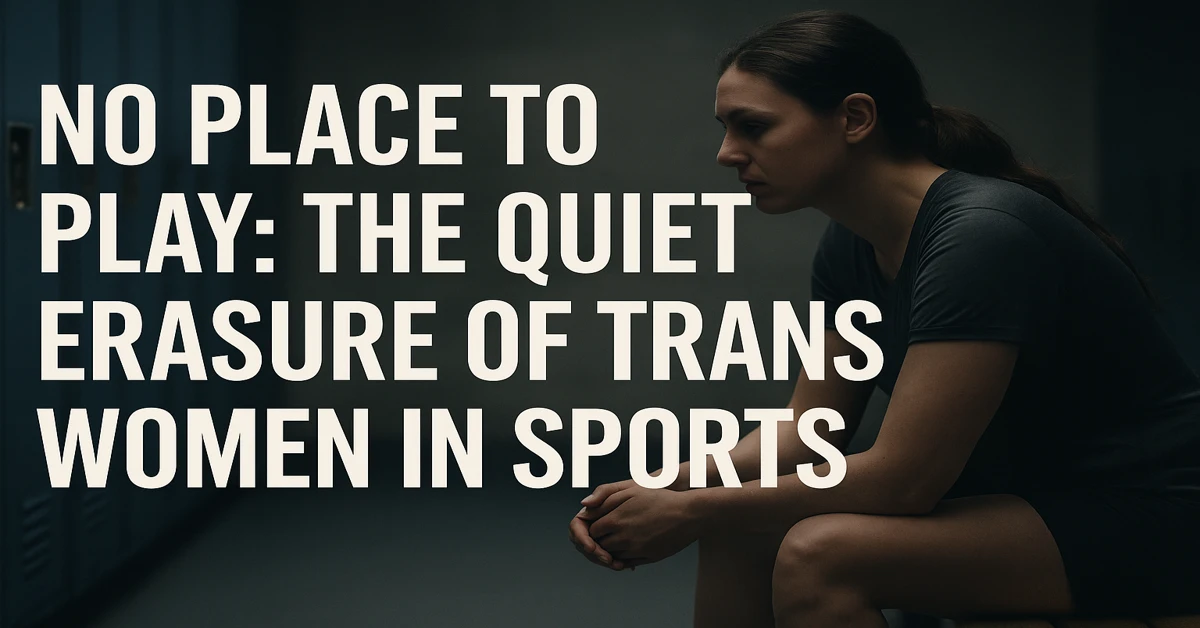
No Place to Play: The Quiet Erasure of Trans Women in Sports...
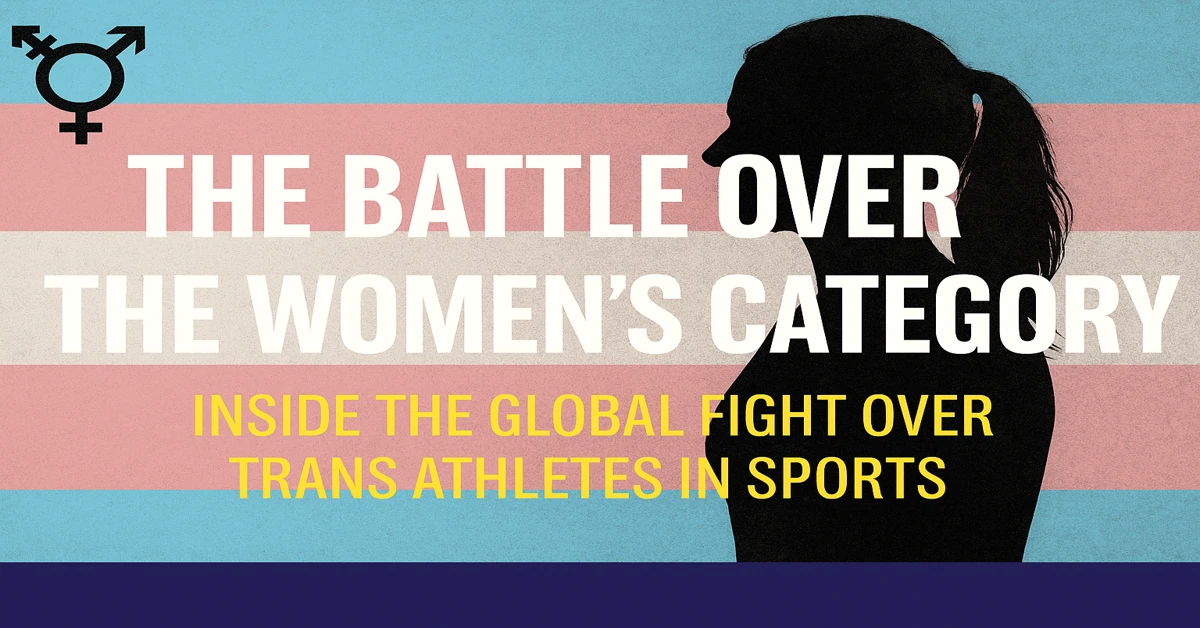
The Battle Over the Women’s Category: Inside the Global Fight Over Trans Athletes in Sports...

How Drones Are Changing Disaster Relief in Pakistan: Current Deployments, Case Studies, and a Roadma...

PTA Clarifies YouTube Ban Rumors: No Shutdown Ordered in 2025...
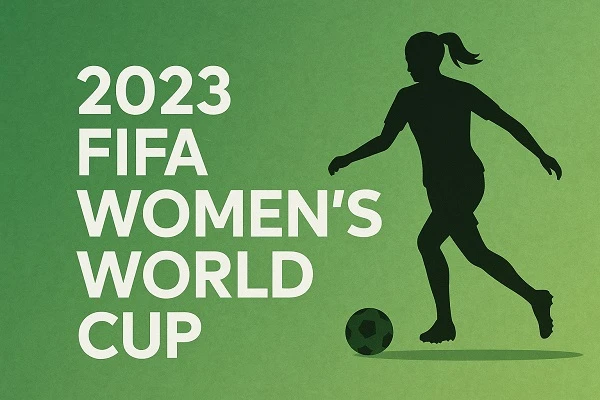
The 2025 FIFA Women’s World Cup: A Historic Leap in the Legacy of Women’s Soccer...

The Billion-Dollar Boom: Why Women’s Sports Are Now a Marketing Goldmine...
